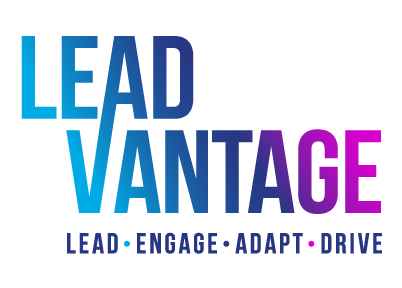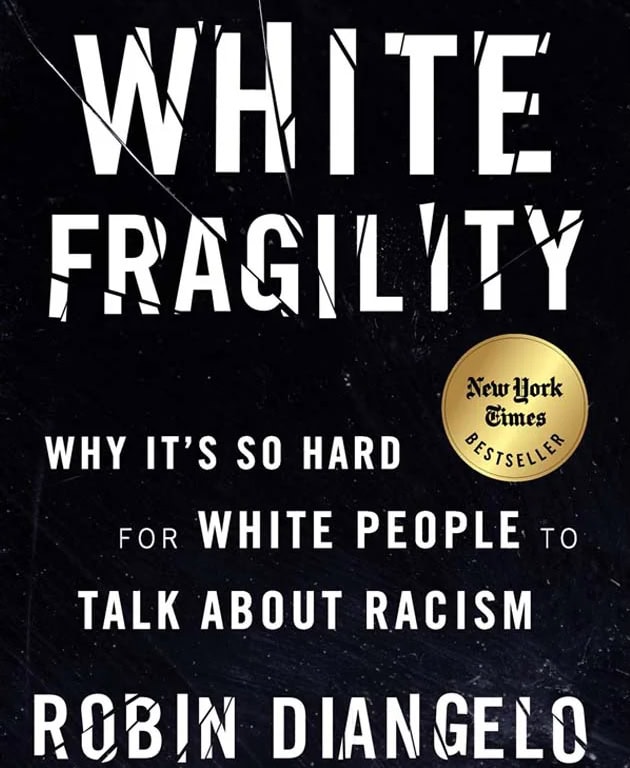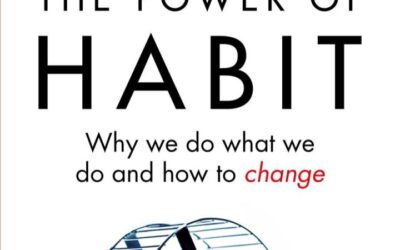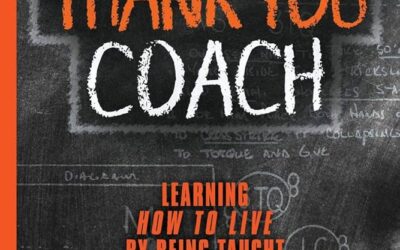Robin DiAngelo’s White Fragility is a pivotal book that delves into the complex and often uncomfortable conversations surrounding racism and the role of whiteness in perpetuating it. Through eight key themes, this blog unpacks the book’s essential insights, providing a roadmap for white readers to confront and dismantle racism within themselves and the systems around them.
Our simplistic definition of racism – as intentional acts of racial discrimination committed by immoral indivdiuals – engenders a confidence that we are not part of the problem and that our learning is thus complete. Robin DiAngelo
“White Fragility” & The Challenge of Talking to White People
DiAngelo identifies one of the most significant barriers to meaningful conversations about racism: the difficulty white people have in confronting their socialization. From an early age, white individuals are taught to see themselves as separate from racism, often through the lens of individualism. This belief in individual meritocracy blinds them to the collective privileges afforded by their race. DiAngelo argues that no aspect of society is untouched by racism—it is embedded in our institutions, practices, and daily interactions. Recognizing this requires white people to move beyond defensiveness and embrace the uncomfortable truth that racism is a systemic issue, not just an individual one.
Racism and White Supremacy
Central to DiAngelo’s argument is understanding racism as a system of power. While race is a social construct initially created to serve economic interests, it has evolved into a tool of institutional control that benefits white people. Racism occurs when prejudice is backed by legal authority and institutional power, and this means that while people of colour may hold prejudices against white individuals, they lack the systemic power to infuse these biases into societal norms, laws, and policies.
Whiteness, DiAngelo explains, is a position of power that grants privileges such as self-worth, visibility, and freedom from racial burden. Naming racism as a systemic issue shifts the conversation, highlighting the responsibility of white people who control many of these institutions. This acknowledgment also challenges white complicity in upholding racism, forcing a reckoning with deeply ingrained investments in white supremacy.
Racism After the Civil Rights Movement
Despite significant progress during the Civil Rights Movement, racism persists in subtler forms. DiAngelo discusses “colour-blind racism,” the belief that denying racial differences promotes equality. In reality, this denial erases the lived experiences of people of colour and keeps white people insulated from uncomfortable truths.
Another manifestation is aversive racism, where white individuals maintain a positive self-image by claiming to “see no colour” or by pointing to their relationships with people of colour as proof of their non-racism. These attitudes, while seemingly benign, perpetuate systemic racism by avoiding accountability and reinforcing the status quo.
How Race Shapes the Lives of White People
For white people, race often functions as an invisible privilege. DiAngelo highlights the freedom white individuals enjoy—freedom from the burden of racial stereotypes, the luxury of being judged as individuals rather than representatives of their race, and the ability to navigate spaces seen as neutral or valuable without fear of discrimination.
White solidarity—the unspoken agreement among white individuals to avoid causing racial discomfort—protects this privilege. By refusing to confront or challenge racially problematic behaviours in other white people, they reinforce white supremacy. DiAngelo urges white readers to educate themselves about racism instead of relying on people of colour to do the emotional labour of teaching.
The Good/Bad Binary
One of the most pervasive misconceptions about racism is the good/bad binary. This mindset frames racism as isolated acts of prejudice committed by “bad” individuals. DiAngelo argues that this binary prevents meaningful self-reflection. When confronted with their complicity in racism, white people often react defensively, focusing on their character rather than evaluating their behaviour.
This defensiveness stifles progress, and to dismantle racism, white individuals must be willing to have honest, uncomfortable conversations about their actions and beliefs without resorting to self-justification or denial.
Anti-Blackness
DiAngelo emphasizes that anti-Blackness is deeply rooted in misinformation, historical erasure, and a refusal to acknowledge the enduring impact of history. This ignorance allows white people to dismiss the systemic nature of racism and their role in perpetuating it.
Understanding anti-Blackness requires tracing its historical origins and recognizing its modern manifestations. It also involves confronting one’s complicity in maintaining systems of oppression. By acknowledging this, white individuals can begin to take responsibility for their role in dismantling racism.
White Fragility
White fragility refers to the defensive reactions white individuals often have when confronted with racial stress. These reactions—such as anger, guilt, or silence—serve to protect white supremacy by shutting down conversations about race.
DiAngelo argues that this fragility stems from a refusal to acknowledge white privilege. By denying their advantages, white people reinforce the racial disadvantages faced by others. To combat white fragility, individuals must resist the urge to deflect or disengage and instead lean into the discomfort of these necessary conversations.
Where Do We Go From Here?
Education is the first step toward meaningful change. DiAngelo’s book offers a wealth of resources for ongoing learning, encouraging white readers to approach feedback on racism with humility and gratitude. Accepting discomfort as a natural part of growth, they can begin to dismantle their blind spots and work toward equity.
Key Actions to Address White Fragility:
- Reflecting on personal biases and behaviours.
- Listening to and believing the experiences of people of colour.
- Engaging in self-education rather than placing the burden on others.
- Practicing humility and compassion when receiving feedback.
By taking responsibility for their role in systemic racism, white individuals can contribute to a more equitable society. The process requires ongoing effort, but the potential for transformative change makes it worth pursuing.
White Fragility is a call to action for white people to confront their privilege, challenge systemic racism, and engage in the lifelong work of anti-racism. DiAngelo’s insights provide a foundation for this journey, emphasizing the importance of accountability, education, and self-reflection.

Sofia and Linda_Lead Vantage
Understanding people is at the heart of great leadership. We help leaders build trust, foster inclusivity, and tap into intrinsic motivation to create thriving, equitable teams. Let us partner with your organization to transform culture and empower your people to reach their fullest potential. Book a call with us to get started!




